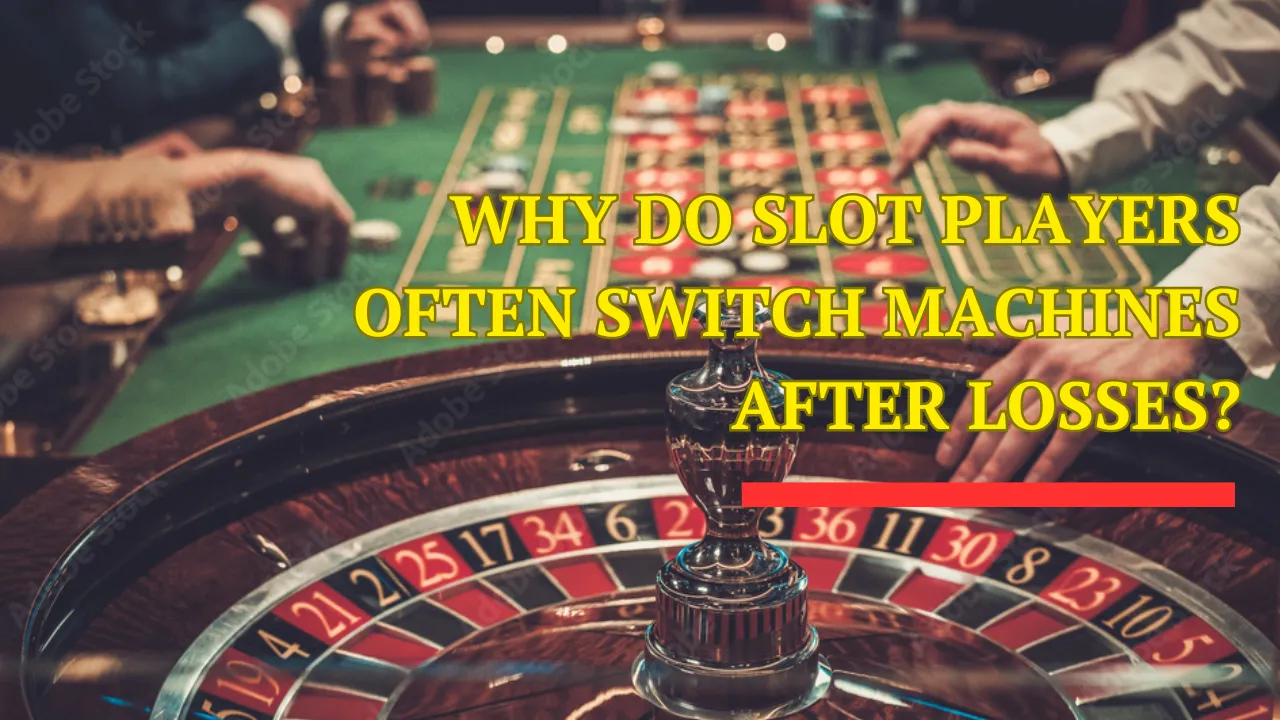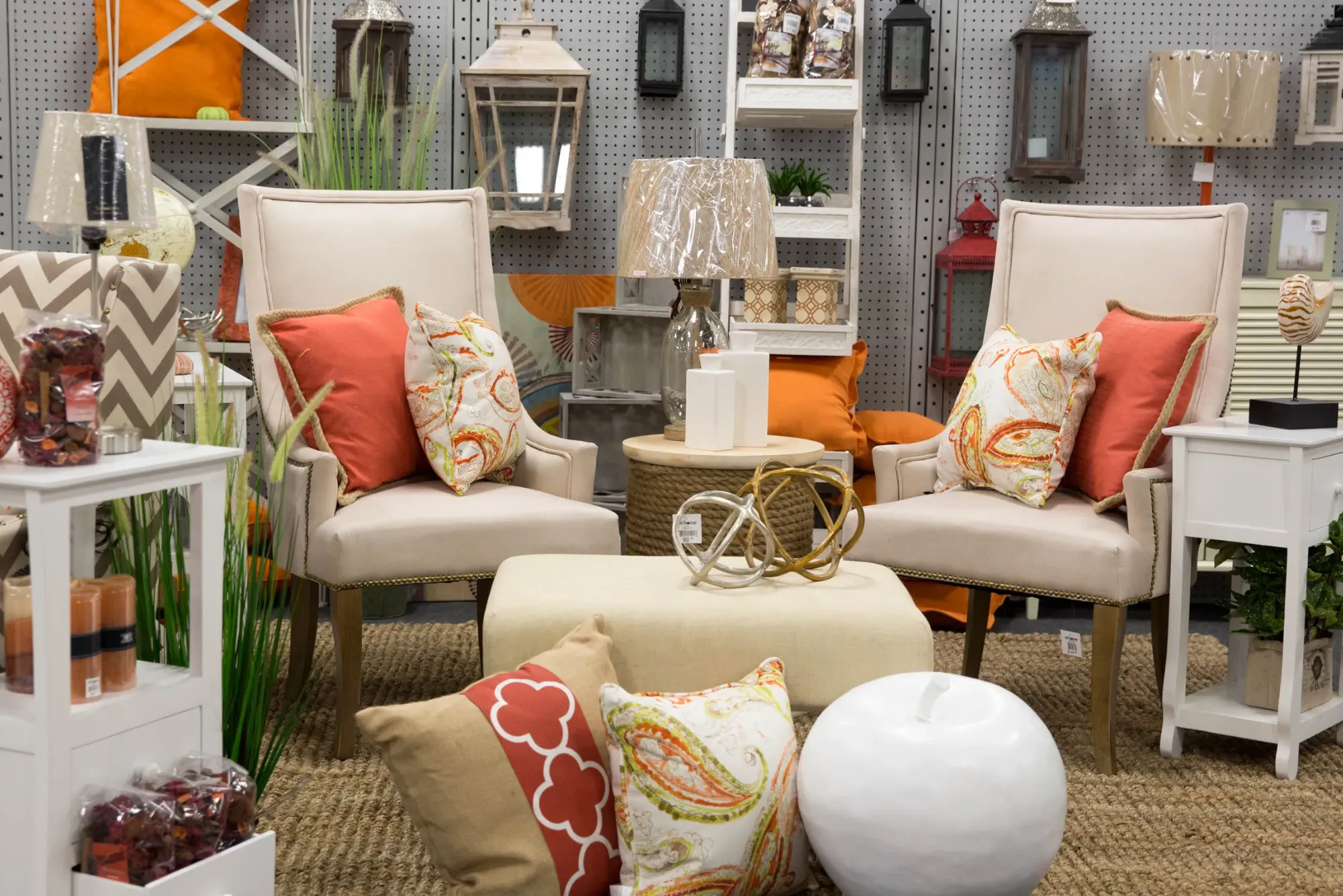If you’ve ever spent time in a casino, either on the floor or online, you’ll notice a curious pattern: players often switch slot machines after a string of losses. They may sit down with determination, spin for a while, lose steadily, and then quickly move to the machine next to them, as though the change itself will spark better luck.
This behavior isn’t random—it’s rooted in psychology, perception of odds, and the human desire to regain control in a game of chance. Understanding why this happens sheds light not only on slot play but also on how our brains process risk, reward, and patterns.
The Psychology of “Fresh Starts”
One of the most common reasons players switch machines after losses is the need for a psychological reset. Slots are games of chance, and losing streaks can feel discouraging. By moving to a different machine, players feel like they’re leaving their bad luck behind and starting fresh.
This perception of “resetting” has little to do with actual probability, since each spin on any slot is governed by a random number generator (RNG). The machine doesn’t remember past outcomes, so your odds remain the same whether you stay put or move. But the act of switching can ease frustration and restore a sense of optimism, which keeps players engaged.
The Illusion of “Hot” and “Cold” Machines
Another powerful influence is the widespread belief in “hot” and “cold” machines. Many players think a machine that hasn’t paid out in a while is “due” for a win, while one that just hit a jackpot is unlikely to pay again soon. In reality, slots don’t work this way. Each spin is independent, and past results don’t affect future outcomes.
Despite this, the belief persists, and it drives players to switch machines frequently in search of the elusive “hot” one. This behavior isn’t limited to traditional casinos; it’s visible online as well, particularly on platforms with large libraries of slots and diverse game themes. Some players even prefer to explore entirely different platforms, like new uk betting sites, where the variety of machines and fresh interfaces enhance that sense of chasing a lucky break.
Chasing Control in a Random Game
Slot machines are built on randomness, but humans naturally crave control. When players lose repeatedly, it can feel like the machine itself is somehow against them. Switching to another machine creates the illusion of making an active choice to improve one’s chances, even if logically it doesn’t matter.
This illusion of control is one of the reasons gambling can be so engaging. Even when the odds are fixed, the sense that your decisions—like choosing a different machine—impact the outcome helps maintain motivation to keep playing.
The Role of Frustration and Pacing
Frustration also plays a major role. Losing streaks can feel draining, and staying at the same machine can amplify negative emotions. By moving, players break the cycle of loss and adjust their pacing. A new machine often comes with new graphics, sound effects, and bonus features, refreshing the experience.
This is particularly true for online slots, where visual and audio designs are diverse. A player may leave one game feeling worn down but quickly feel energized by a new theme, soundtrack, and set of features in another.
Casino Design and Player Movement
Casinos themselves are designed to encourage this kind of movement. On physical floors, slot machines are arranged to maximize visibility of wins and create variety. The idea is that if a player switches, they’ll stay within the environment rather than walking away entirely.
Online casinos mirror this strategy by offering categories like “Top Games,” “New Releases,” or “Jackpot Slots,” encouraging players to keep moving rather than quitting after losses. Bonuses and free spin offers are often tied to specific games, nudging players toward trying something new.
Is Switching Machines Ever a Good Strategy?
From a mathematical perspective, switching machines doesn’t improve your odds. Each machine’s RNG ensures fairness and independence, so the probability of hitting a win remains constant no matter how many times you switch.
However, from a player experience standpoint, switching can be beneficial. It helps maintain enjoyment, reduces frustration, and adds variety to play sessions. Since gambling should primarily be about entertainment, moving machines can keep the experience fun, even if it doesn’t increase profitability.
Responsible Gambling Perspective
While switching machines can make play feel more exciting, it’s important to recognize the limits of the strategy. Chasing losses—whether on the same machine or across multiple—can quickly spiral into overspending.
Responsible gambling means setting limits, recognizing that wins are never guaranteed, and viewing switching machines as a way to refresh the experience rather than beat the odds. Tools like session reminders, deposit limits, and self-exclusion options can help players maintain control.
Final Thoughts
So why do slot players often switch machines after losses? It’s not because the odds change, but because the act of moving provides psychological relief, restores a sense of control, and refreshes the entertainment value. The beliefs in hot and cold machines, frustration management, and the lure of variety all play into this common behavior.
While switching machines won’t turn losses into wins, it does reveal a lot about how humans interact with randomness and risk. At its best, this behavior helps keep play enjoyable. At its worst, it can encourage chasing losses. The key is balance—recognize the psychology at play, enjoy the variety, and always gamble responsibly.










